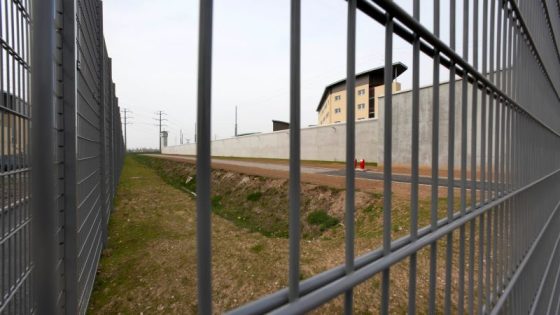Investigators are examining the tragic crash of Jeju Air Flight 2216, which occurred on December 29, killing 179 of the 181 passengers aboard. Preliminary findings suggest that the pilots may have made a critical error by shutting down the wrong engine after a flock of migratory ducks damaged the aircraft. As reported on 2025-07-21 22:42:00, the plane continued operating with the more severely damaged engine, leading to a catastrophic fire upon landing.
- Pilots shut down wrong engine during incident.
- Migratory ducks damaged aircraft before crash.
- Engine fire led to landing gear failure.
- Investigators lack conclusive results currently.
- Backup generator's status remains unclear.
- Victims' families disrupted news conference.
As the investigation unfolds, crucial questions remain unanswered. Why did the pilots not manually deploy the landing gear? Was the backup generator functional? These uncertainties underscore the complexities of aviation safety and the dire consequences of split-second decisions in emergencies.
This incident raises significant concerns about pilot decision-making under pressure. How can we ensure that such errors are minimized in the future? Experts suggest that enhanced training and better technology could play a vital role. Key points include:
- Importance of accurate engine diagnostics in emergencies.
- Need for comprehensive pilot training on emergency protocols.
- Potential technological advancements to assist pilots in critical situations.
As investigations continue, stakeholders must prioritize safety reforms to prevent similar tragedies. Will the aviation industry rise to the challenge?
































